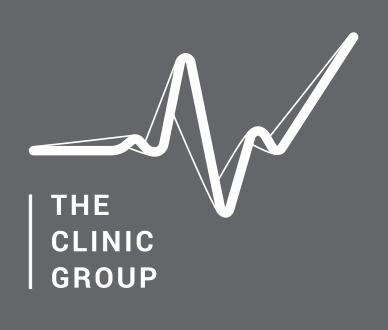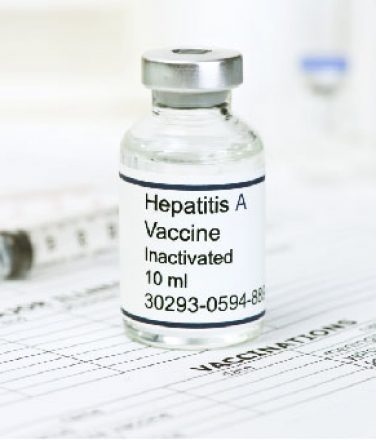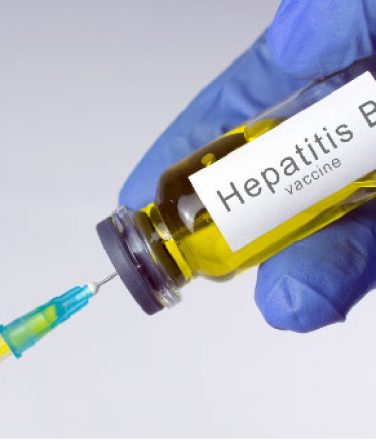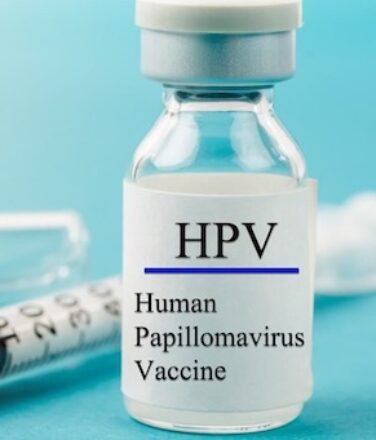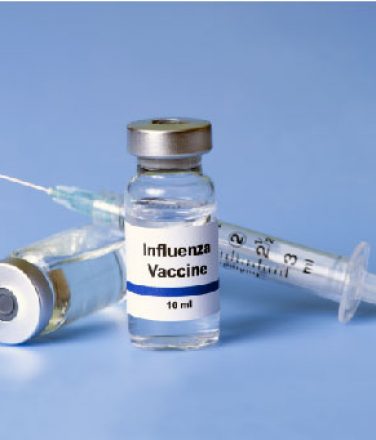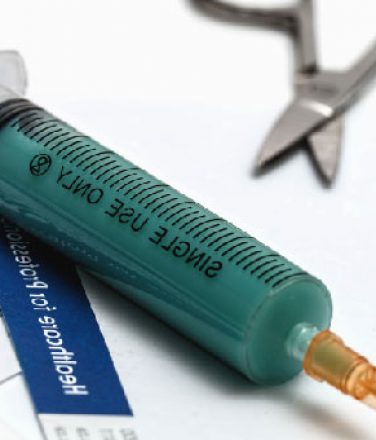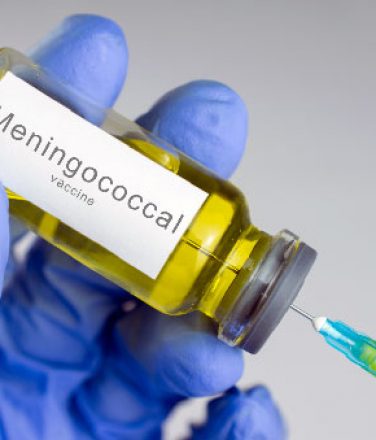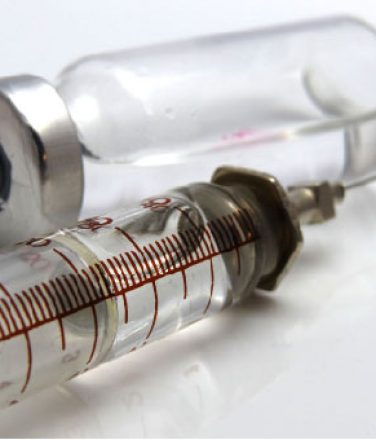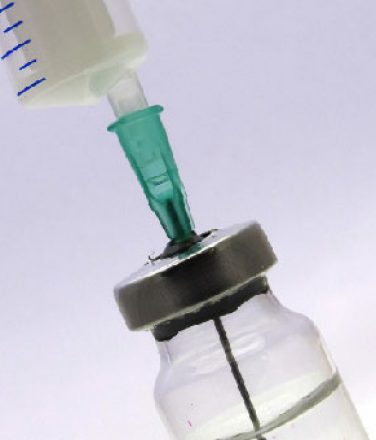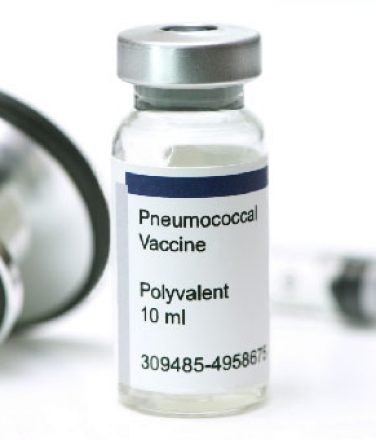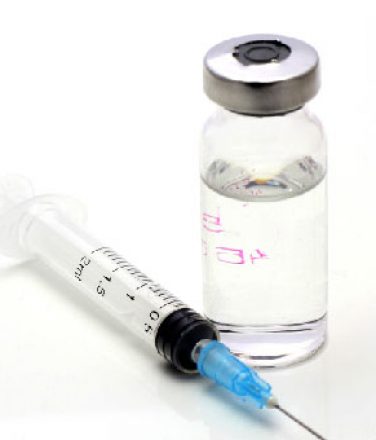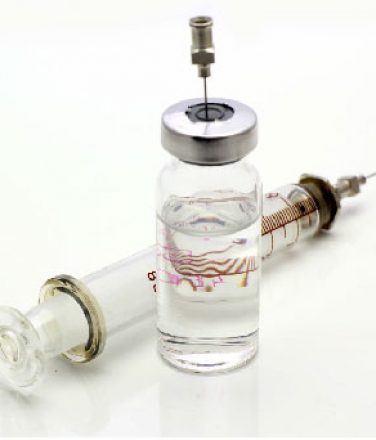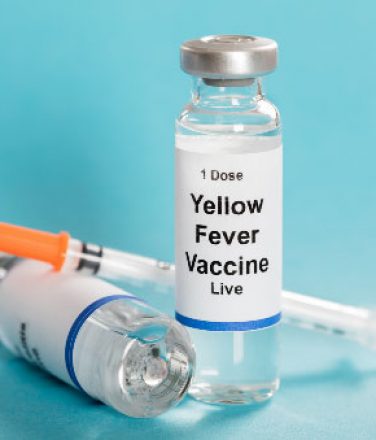Travel Health & Vaccinations in Singapore
Even the most active and avid travellers would fall prey to illness and diseases when do not acquire adequate rest or consume nutritious foods. Whether you are a frequent traveller or not, it would be wise to undergo travel vaccination at an accredited vaccination clinic in Singapore.
Vaccinations are important as it helps to build immunity against a disease without contracting the disease - in other words, they protect travellers from contracting and developing illnesses while they are on the move. The travel vaccination contains weakened germs; therefore, it does not cause disease. Once vaccinated at an accredited vaccination clinic in Singapore, it is normal for some people to experience side effects such as lethargy or fever. However, the benefit of getting vaccinated outweighs the cost of contracting potentially serious complications from the disease. They are a great preventive measure against deadly illnesses that be contracted overseas.
A Leading Travel Vaccination Centre in Singapore
If you intend to head overseas for a backpacking trip, it would be highly recommend to undergo travel vaccination at an accredited vaccination clinic in Singapore. At The Clinic Group, all our clinics are accredited Travel Vaccination Centers and we are well-versed at providing health advice for your upcoming travel plans. We are an accredited yellow fever vaccination site and can provide all currently available routine and travel vaccinations. Our tram has been thoroughly and comprehensively trained to provide the most appropriate treatments and services for you. Furthermore, we have trained our staff to offer the best customer services. We go above and beyond to make sure the needs of our customers are fully addressed.
Shingles is a painful disease and can have serious and long-lasting complications.
Postherpetic neuralgia (long-lasting nerve pain) affects up to 30% of patients
Herpes zoster ophthalmicus affects up to 25% of patients and can lead to blindness in some rare cases. Other complications include scarring, cardiovascular and stroke events, etc. 5-10% of patients have recurrent episodes.
The shingles vaccine is recommended for all healthy adults ages 50 years and older to get two doses of the shingles vaccine to prevent shingles and problems that can develop after you’ve had the disease.
HPV vaccines protect against infection with human papillomaviruses (HPV). HPV is a group of more than 200 related viruses, of which more than 40 are spread through direct sexual contact.
Among these, two HPV types cause genital warts, and about a dozen HPV types can cause certain types of cancer—cervical, anal, oropharyngeal, penile, vulvar, and vaginal.
Hepatitis A is a viral infection that causes the liver to become enlarged, inflamed and tender. Severity
of disease range from a mild illness, lasting a few weeks to a severe illness lasting several months.
Infected persons may not exhibit any symptoms. If symptoms are present, affected people may
experience dark urine, pale coloured stools, abdominal discomfort, fever, tiredness, loss of appetite,
nausea, vomiting and jaundice symptoms such as joint pain and yellowing of the skin and eyes.
Getting vaccinated is the best way to prevent the spread of hepatitis A as the vaccine is nearly 100%
effective. It is given in 2 doses, 6 months apart.
Hepatitis B is a potentially life-threatening liver infection that is transmitted through contact with the
blood or other body fluids of an infected person. Hepatitis B can cause both acute and chronic
disease and puts people at high risk of death from cirrhosis and liver cancer.
Symptoms include acute illness with symptoms such as yellowing of the skin and eyes (jaundice),
dark urine, extreme fatigue, nausea, vomiting and abdominal pain. Acute hepatitis can develop into
acute liver failure which can lead to death.
A vaccine against hepatitis B is available which is effective in preventing infection and the
development of chronic disease and liver cancer due to hepatitis B. The vaccine is a 3 dose vaccine;
the 2nd vaccine is given 1 month after the 1st dose and the 3rd dose is given 6 months after the 1st
dose.
Influenza, also known as the Flu, is a common viral disease affecting the respiratory system. The Flu,
if untreated, can lead to more serious complications such as pneumonia, ear infections, sinus
infections, dehydration, worsening of chronic medical conditions, and even, death.
Symptoms include fever, feeling feverish, cough, sore throat, runny or stuffy nose, muscle or body
aches, headaches, tiredness, nausea, vomiting and/or diarrhoea. However, it is important to note that
not everyone with flu will experience a fever.
Flu shots are a safe way to protect everyone from any serious illness and complications, even
expecting mothers. Everyone 6 months of age and older should get a flu vaccine as soon as the
current season’s vaccines are available. Vaccination of high risk people decreases their risk of severe
flu illness.
Japanese Encephalitis (JE) is a disease spread through mosquito bites. It cannot be transmitted
through contact with an infected person.
Initial symptoms include fever, headache, vomiting, confusion, and difficulty in moving. If untreated,
this infection may cause swelling around the brain, coma and even, death. Less than 1% of people
infected with JE virus develops clinical illness. In those who develop symptoms, the incubation period
(time from infection until illness) is typically 5-15 days.
The vaccination against JE is given in 2 doses that are spaced over a month. You should get the last
does at least 10 days before your trip. Our doctors can help you decide if you need the JE vaccine
based on the length of your trip, the areas you will be traveling and your planned activities.
Malaria is a life-threatening mosquito borne disease. Most malaria cases and deaths occur in sub-
Saharan Africa. However, Asia, Latin America the Middle East and parts of Europe are also affected.
It is transmitted through the bite of infected mosquitoes.
Initial symptoms include fever, headache, chills and vomiting. If left untreated within 24 hours, malaria
can progress to severe illness often leading to death. Children in endemic areas with severe disease
frequently develop severe anaemia, respiratory distress, or cerebral malaria.
There are prescription medicines you can take to prevent malaria. Take this medicine before, during
and after your trip to protect yourself against Malaria.
Meningococcal Disease is a potentially fatal bacterial infection, expressed as either meningococcal
meningitis (inflammation of the membranes surrounding the brain and spinal cord) or meningococcal
septicaemia (blood poisoning by the meningococcus bacteria). It spreads through the sharing
respiratory and throat secretions such as saliva or spit.
Symptoms include sudden onset of fever, headaches, stiff neck, nausea, vomiting, photophobia (eyes
being more sensitive to light) and altered mental status (confusion).
The meningococcal disease vaccination includes 2 vaccines that provide the recommended
protection, called Menactra and Menveo. If you’ve received 1 of them, you may still need a booster
dose, usually every 5 years if you remain at increased risk. A previous infection will not offer lifelong
protection from future infections. Meningococcal vaccines are recommended for all preteens and
teens. They may require more than 1 dose of the recommended vaccine.
Pertussis is a highly contagious acute bacterial disease involving the respiratory tract (a.k.a.
whooping cough). It is caused by the bacterium Bordetella Pertussis. It spreads through respiratory
droplets when an infected person coughs, sneezes or speaks.
Initial symptoms include severe cough, for several weeks, with vomiting and appearance of
blue/purple skin coloration due to low oxygen level. If untreated, serious complications may develop
such as pneumonia, encephalitis and malnutrition.
Although pertussis can occur at any age, most serious cases and fatalities are observed in early
infancy. As such, vaccinations should begin from birth.
- Newborns should get 5 doses of DTaP, 1 dose at 2 months, 4 months, 6 months, 15-18 months
and 4-6 years.
- Children (7-10 years) who are not fully immunized against pertussis should receive a single
dose of Tdap.
- Adolescents (11-18years) should receive a booster dose preferably at 11-12 years of age.
- Adults (19 and above) should receive a one-time booster dose.
Polio is a disease caused by a virus that affects the nervous system and is mainly spread by person
to person contact. It is transmitted via drinking water or other drinks and/or eating raw or undercooked
food that are contaminated with the faeces of an infected person.
Initial symptoms include fever, tiredness, nausea, nasal congestion, sore throat, stiffness in the neck
and back, pain in arms and legs. In rare cases, polio infection causes permanent loss of muscle
function of the arms and/or legs. If there is a loss of function of the muscles used for breathing due to
infection of the brain, death can occur.
We are usually vaccinated for Polio since birth. However, even if you were vaccinated as a child or
have been infected with polio before, you may still need a booster dose to ensure you are protected.
Pneumococcal disease is an infection caused by Streptococcus pneumoniae bacteria
(‘pneumococcus’). These bacteria can cause many types of illnesses including pneumonia, ear
infection, sinus infection, meningitis and bacteraemia. It is an air-borne disease, transmitted through
coughing, sneezing, and close contact with an infected person
Symptoms include fever, cough, shortness of breath, chest pain, stiff neck, confusion, disorientation,
Sensitivity to light, joint pain, chills, ear pain, sleeplessness and irritability. In severe cases, it can
cause hearing loss, brain damage and also, death.
The pneumococcal vaccine is recommended to be administered since young. Children (up through 5
years) should routinely receive 4 doses 13-valent pneumococcal conjugate vaccine (PCV13).
Younger adults who are smokers or have certain medical conditions should get PPSV23. Adults
(above 65) should get the 23-valent pneumococcal polysaccharide vaccine (PPSV23) as well.
Rabies is a deadly disease caused by a virus that is spread in the saliva of infected animals. All
mammals can get rabies. The disease is spread through licks, bites, or scratches from infected dogs
and other animals such as bats, foxes, raccoons and mongooses.
Initial symptoms include general weakness and discomfort, fever, and headache. Consequently, the
infected person will feel discomfort or prickling sensation at the site of bite, progressing to symptoms
of cerebral dysfunction, anxiety, confusion, agitation.
Person may experience delirium, abnormal behaviour, hallucinations and insomnia.
A vaccination against Rabies is recommended even before exposure to the infection. Although the
pre-exposure vaccination does not eliminate the need for additional medical attention after a rabies
exposure, it can decrease the number of vaccine doses needed and minimizes the adverse effects to
multiple doses of vaccine. The vaccination is given in 3 doses, first as appropriate, second, 7 days
after dose 1, and lastly 21 days after the first dose.
Typhoid fever is a communicable disease caused by infection with the typhoid bacterium Salmonella
Typhi (S.Typhi), which together with the similar S. paratyphi, form the group known as Enteric Fevers.
It is transmitted through direct contact with faecal contamination or germs carried on inadequately
washed hands. Flies and shellfish feeding at sewage outlets can also become contaminated. It is also
possible for a person without symptoms to become a carrier of the bacteria.
Symptoms include progressively bad fever, headache, loss of appetite, muscle pains, sometimes dry
cough, constipation and diarrhoea.
There are 2 types of vaccines available, a single dose injection or a course of capsules taken by
mouth. The protection rates for both are equivalent. The injectable vaccines, Typhim Vi and Typherix
do not induce immune memory, and the immunity given lasts 2-3 years. Side effects are few. (e.g.
local pain and swelling, fever).
A viral disease that occurs in tropical regions of Africa and in parts of South America. It is transmitted
to humans through the bite of infected mosquitoes.
Many yellow fever infections are mild. However severe infections can cause high fever, chills,
headache, muscle aches, vomiting, backaches. In worse cases, infection can lead to shock, bleeding,
kidney and liver failure and even death.
If you are travelling to an area where yellow fever occurs, vaccinations have to be administered 10
days before travel. A single dose of vaccination provides lifelong protection for most people.
Read More
